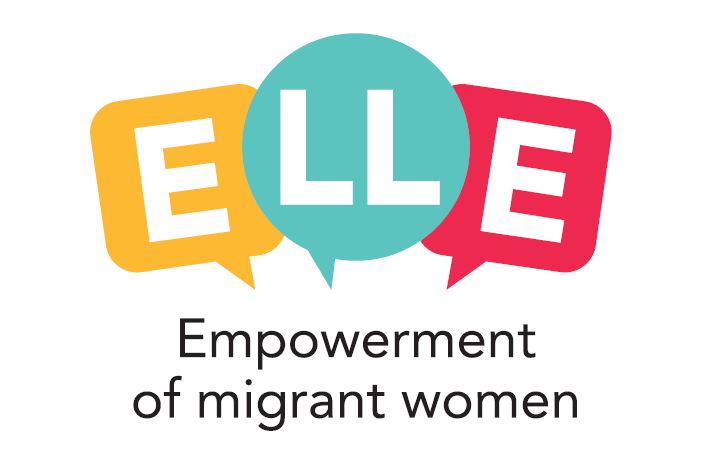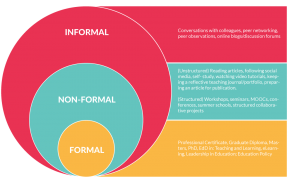Within the ELLE project, content development is ongoing across all partners. As INQS is developing content around assessing, evaluating and improving LESLLA training programmes for migrant women., we thought that we would share some of the developed content which is aimed at supporting teachers and trainers working in this area
Due to the very specific requirements of LESLLA learners, particularly migrant women, traditional assessment may not always be appropriate, nor particularly effective. This learning unit will therefore provide a variety of approaches which you can hopefully use to appropriately and effectively assess these learners. Similarly, traditional evaluation may not always be reliable when dealing with LESLLA training and LESLLA learners. While evaluation is essential to ensure that ensure the learning process has been effective and that it can be improved where possible, it must also take into account the unique characteristics and requirements of LESLLA programmes and learners. This learning unit will therefore provide approaches for evaluation and improvement which take place within, and are relevant for, LESLLA training programmes.
An important consideration for assessment of LESLLA learners we should note early on is that it is assumed that for the most part, the learning taking place will be in a non-formal context. This means that is not driven from the learners’ desire for a qualification but from an intention to master a particular activity, skill or area of knowledge. Non-formal learning also generally does not necessarily follow a formal syllabus or be governed by external accreditation and assessment, so therefore assessment is generally related to simply completing the course of study and being able to demonstrate some aspect of the subject being covered. The type of LESSLA training we are outlining in this course is typical of non- formal learning. Unlike in formal learning, there is no set of specific assessment activities, so the focus of this learning module is more on assessment approaches which are designed to promote learning, confidence, cooperation and reflection, as opposed to strict formal learning assessment tools. It will be up to you, as an educator to decide which approaches to assessment and evaluation of learners suits your learners best.

For more on the ELLE Project, please see https://www.elleproject.eu
